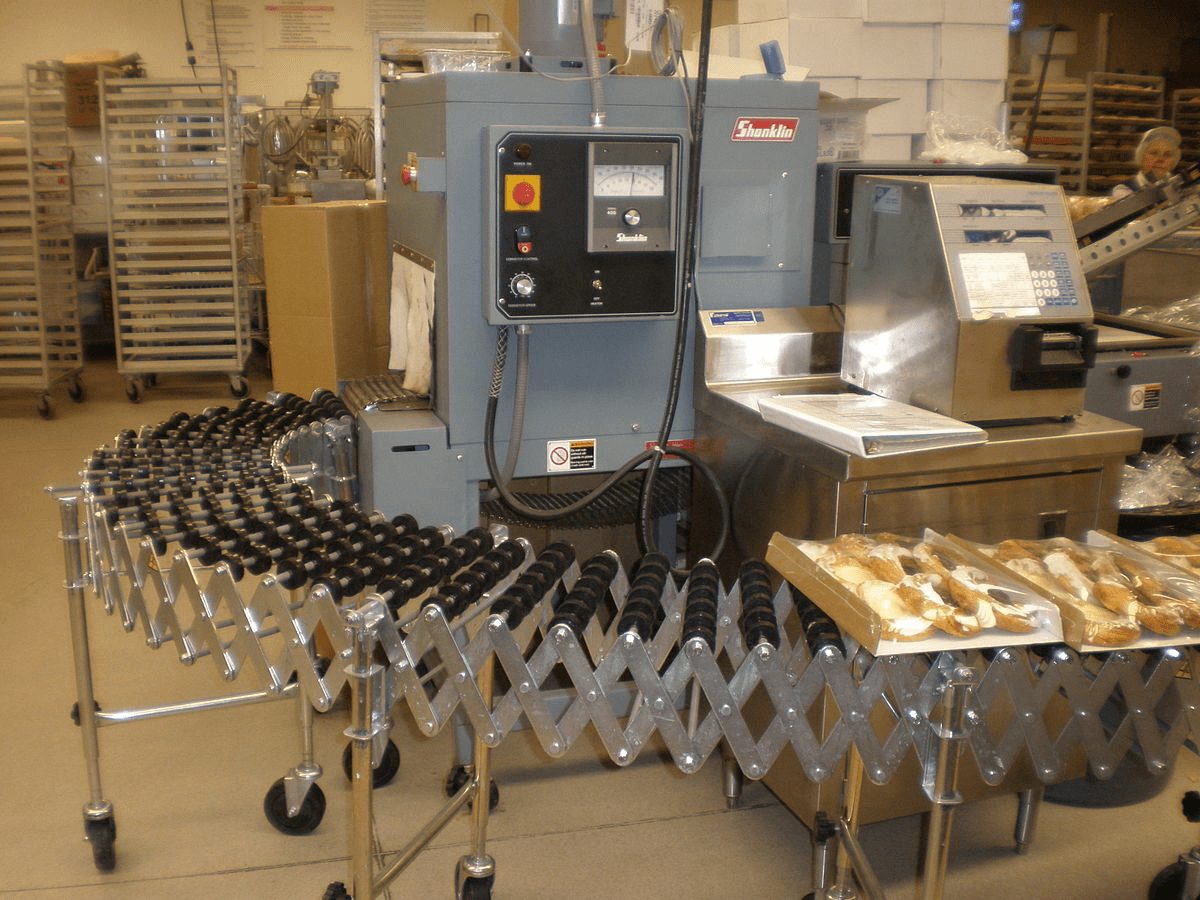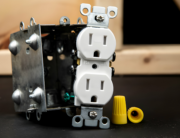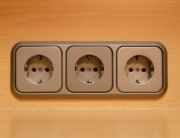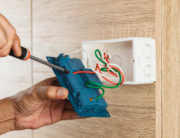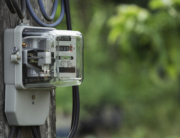Picking the right electrical equipment is essential no matter what line of business you’re in, so take your time with the selection process. It is especially crucial for companies in the food processing industry to pick the right cord grip and connector materials, since machinery and fittings at these plants are often exposed to harsh chemicals, water and other environmental threats, which can lead to corrosion, leakage and damage.
Electrical connectors for food processing plants normally feature corrosion-resistant properties, with different degrees of resistance for various environments and applications. Picking the wrong material will not just cause your connectors to require more frequent maintenance or repairs, but can also lead to short circuits and other safety hazards.
Electrical Connector Materials for Food Processing Plants
There are various choices of electrical connector material that are FDA-approved for use in food processing; so understand the applications of each kind before you make a decision. When you install materials that are designed to handle a specific type of environment, it can save you a world of trouble with maintenance and provide better performance as well!
Here are some of the common materials used in electrical connectors and their details that can help you decide which ones would work best for your plant:
Cord Grip Materials
1. Stainless Steel
- Perfect for high corrosion environments with acids, chemicals and chlorine-bearing agents
- Excellent durability, tensile strength, temperature, fatigue and impact resistance
- Low maintenance, smooth and almost non-porous surface, hygienic and easy to clean
- Operating temperature: -60°F to +1000° F
2. Valox
- High corrosion resistance to chemicals and moisture, ideal for FDA-mandated washdown environments
- High temperature and impact resistance
- Water-resistant, health care grade Valox is FDA-approved for food contact
- Operating temperature: -40°F to +248° F
3. Nickel-Plated Aluminum
- High corrosion resistance to alkalis, weak acids and moisture, excellent rust-resistance in environments with high humidity
- Lightweight with high wear resistance
- Affordable alternative to stainless steel
- Operating temperature: -40°F to +500° F
Molded Connectors – Overmolding and Cable Materials
1. TPE (Thermoplastic Elastomer)
- High corrosion resistance to chlorinated alkaline cleaners, detergents, sanitizers and lubricants
- Excellent resistance to oils, fats, fruits, juices, vegetables, dairy, tomatoes, wine and vinegar
- Ideal for environments with submerged applications, frequent bending and flexing
- High durability and abrasion resistance
- Affordable alternative to stainless steel
- Operating temperature: -60°F to +275° F
2. PUR/PU (Polyurethane)
- High corrosion resistance to food industry soils and chemicals
- Excellent resistance to oils, fats, fruits, juices, vegetables, dairy, tomatoes, wine and vinegar
- Ideal for freezers and environments with cold temperatures
- Excellent abrasion resistance for heavy abuse applications
- Rated for 1200 PSI washdown
- Affordable alternative to stainless steel
- Operating temperature: -40°F to +176° F
3. Silicone
- Perfect for environments with extreme changes in temperature
- Good resistance to high-molecular oils, vegetable and animal fats, diluted acids and lye
- Ideal for freezers, cold temperatures and high temperatures
- Good abrasion resistance
- Operating temperature: -58°F to +356° F
Molded Connectors – Hardware Materials
1. Stainless Steel
- Perfect for high corrosion environments with acids, chemicals and chlorine-bearing agents
- Excellent durability, tensile strength, temperature, fatigue and impact resistance
- Low maintenance, smooth and almost non-porous surface, hygienic and easy to clean
- Operating temperature: -60°F to +1000° F
2. PEEK Polymers
- Good corrosion resistance to chemicals like common solvents, acids, bases and salts
- Perfect for continuous high temperature use in aggressive environments
- Scratch-resistant, excellent wear resistance in steam or high water pressure
- Affordable alternative to stainless steel, performs better than metal hardware in many high-abuse environments
- Operating temperature: Up to +1000° F – 40°F to over 500° F
3. Non-Metallic
- Good corrosion resistance to hydrocarbons, fuels, solvents and neutral chemicals
- High durability, tensile strength and impact-resistance
- Lightweight with high fatigue endurance
- Very high moisture resistance
- Operating temperature: -40°F to +290° F
Nickel-Plated Brass
- Good corrosion resistance to salt water, weak acids and alkalis, esters, ketones, and ether, mineral, animal and vegetable oils
- Rust-proof, ideal for high humidity environments
- Resistant to pitting and corrosion, improved appearance, hardness and long-term wear
- Rated for up to 150 PSI
- Operating temperature: -40°F to +212° F

D&F Liquidators has been serving the electrical construction materials needs for more than 30 years. It is an international clearinghouse, with 180,000 square facility located in Hayward, California. It keeps an extensive inventory of electrical connectors, conduit fitting, circuit breakers, junction boxes, wire cable, safety switches etc. It procures its electrical materials supplies from top-notch companies across the globe. The Company also keeps an extensive inventory of electrical explosion proof products and modern electrical lighting solutions. As it buys materials in bulk, D&F is in a unique position to offer a competitive pricing structure. Besides, it is able to meet the most discerning demands and ship material on the same day.
